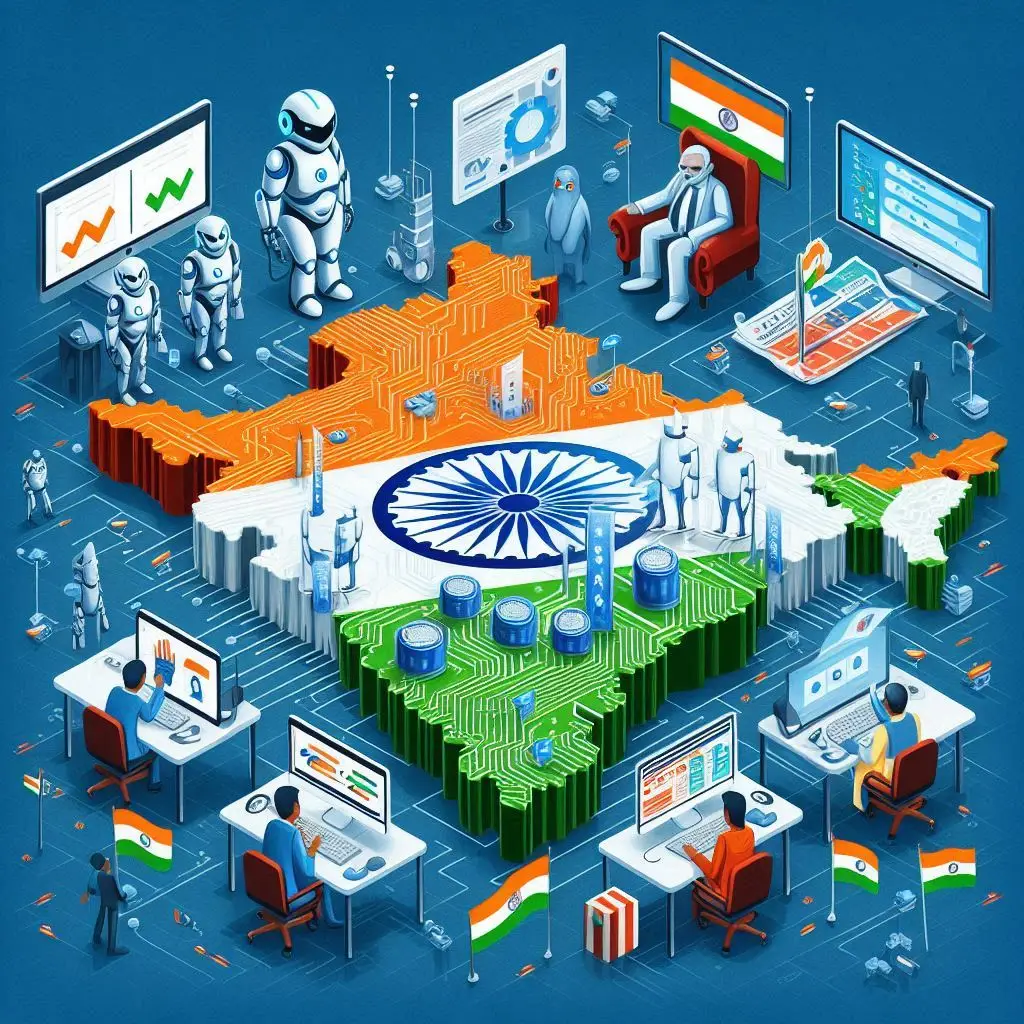Introduction
Artificial Intelligence (AI) has become a transformative force across various sectors worldwide, and its influence is increasingly being felt in the realm of politics, particularly in the electoral process. In India, a country known for its vibrant democracy, the role of AI in elections is evolving, offering both opportunities and challenges.
AI in Voter Engagement
One of the primary areas where AI is making its mark in Indian elections is voter engagement. AI-powered analytics can help political parties analyze vast amounts of data to understand voter behavior, preferences, and sentiments. This enables them to tailor their campaigns more effectively, targeting specific demographics with personalized messages and outreach efforts.
Predictive Analytics
AI algorithms can crunch data from various sources, including social media, surveys, and demographic data, to make predictive analytics about election outcomes. While these predictions are not infallible, they can provide valuable insights into voter trends and help political parties fine-tune their strategies accordingly.
Election Monitoring and Security
Ensuring the integrity and security of elections is paramount in any democracy. AI technology can play a crucial role in monitoring elections and detecting anomalies or irregularities in real-time. From identifying instances of voter fraud to monitoring social media for misinformation campaigns, AI-powered tools can help safeguard the electoral process and enhance transparency.
Language Translation and Accessibility
India is a linguistically diverse country with hundreds of languages spoken across its vast expanse. AI-powered language translation tools can bridge linguistic barriers, making electoral information and communication more accessible to voters across different regions and linguistic backgrounds. This can contribute to greater participation and inclusivity in the electoral process.
Challenges and Considerations
While the potential benefits of AI in Indian elections are significant, there are also challenges and considerations that need to be addressed. Concerns about data privacy, algorithmic bias, and the misuse of AI for political manipulation are legitimate and require careful regulation and oversight. Additionally, ensuring equitable access to AI technology and addressing digital literacy gaps are essential to prevent widening disparities in political participation.
Conclusion
As India continues to embrace technological advancements, the role of AI in elections is poised to grow in significance. From voter engagement and predictive analytics to election monitoring and accessibility, AI offers promising opportunities to enhance the democratic process. However, it is crucial to approach the integration of AI in elections with caution, ensuring ethical use, transparency, and accountability to uphold the principles of democracy and safeguard the integrity of the electoral process.









Add a Comment: